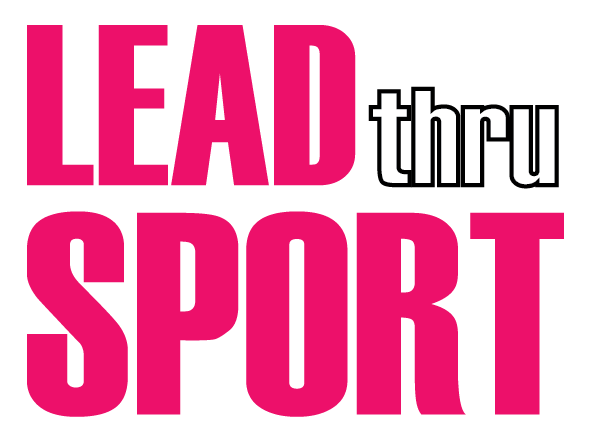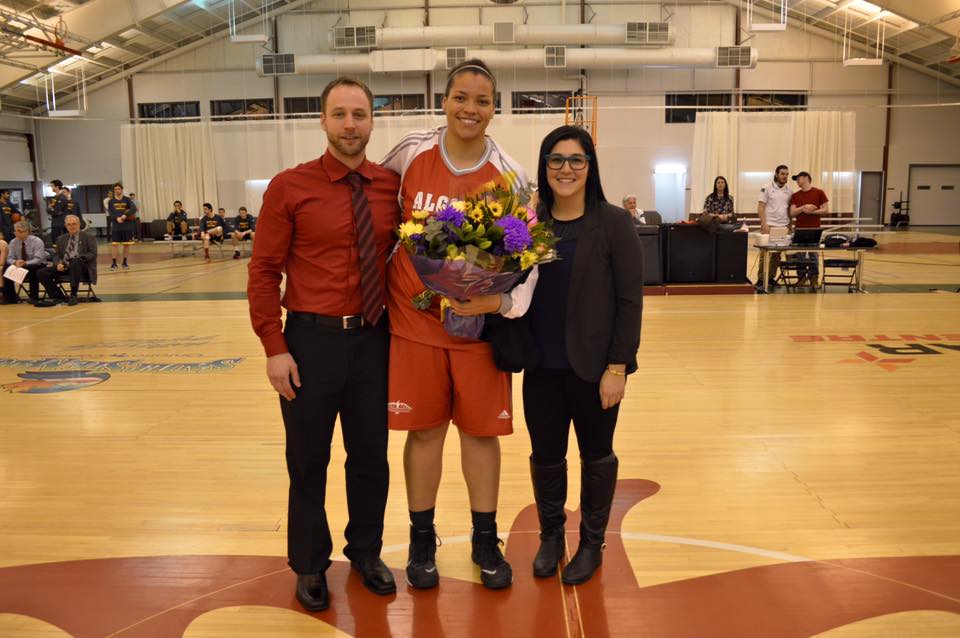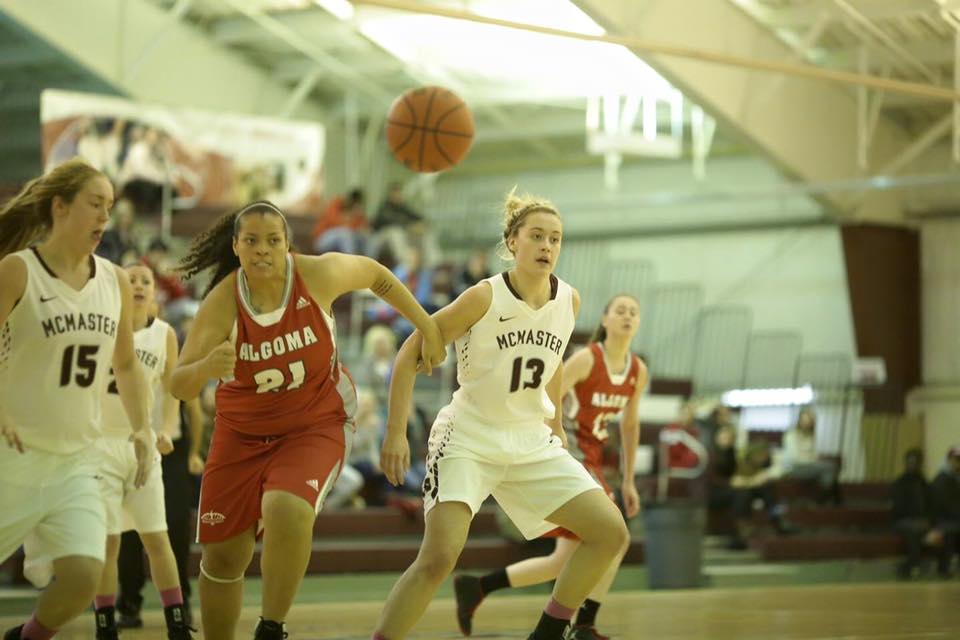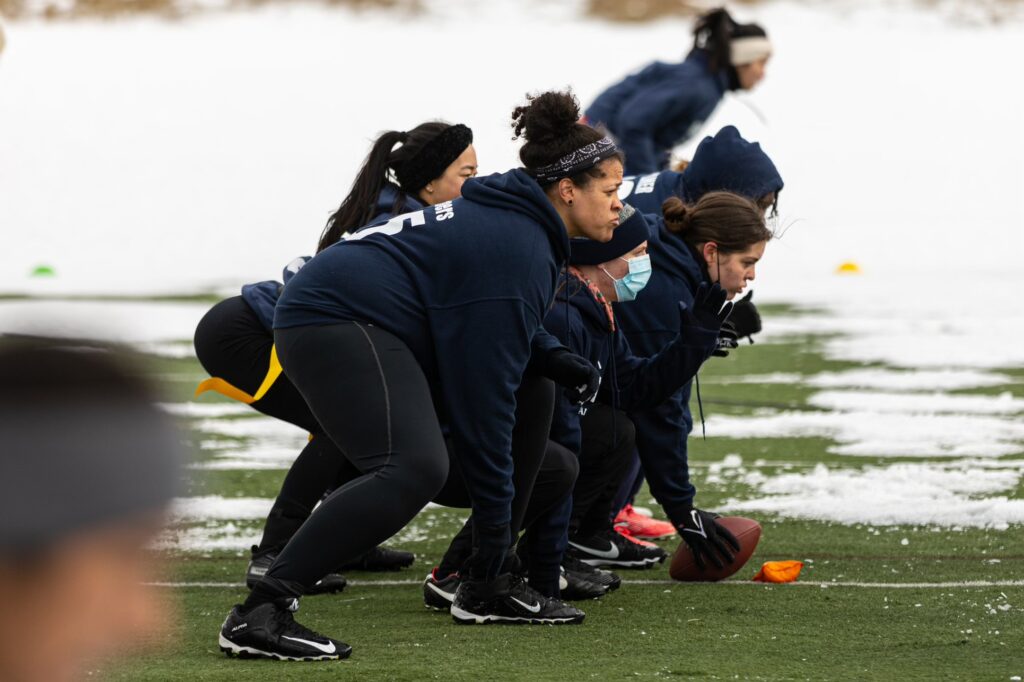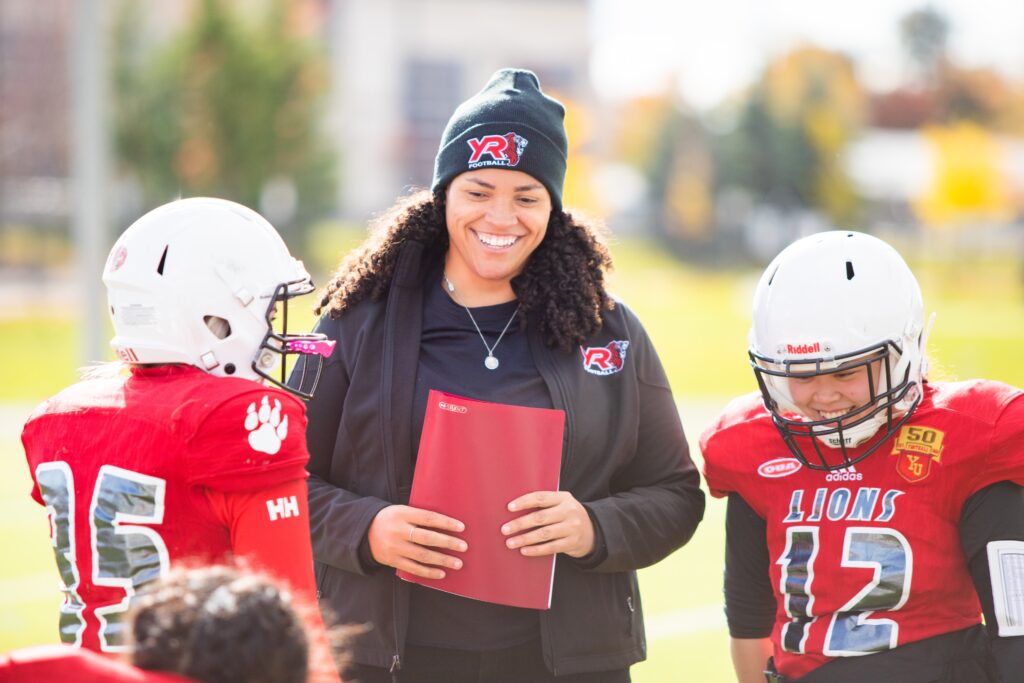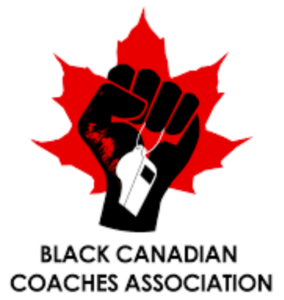
WEEK #36: CARLIE M.
Please tell us a little bit about yourself.
I am currently a Ph.D. Candidate in the Department of History at the University of Toronto and a women’s tackle football player and coach. Growing up, I was determined to play any sport that would allow me to compete. Now, most of my days are filled with football. I am a head coach for York Region Lion’s first U18 women’s tackle football team and the offensive line coach for the 2023 provincial U18 women’s tackle football team. As an athlete, I compete with the University of Toronto’s contact-flag team in the OWIFA. Furthermore, a personally exciting project, I have been working to develop the first 18+ women’s tackle football team to play in the Central Canadian Women’s Football League from the Greater Toronto Area. So in spring 2023, I will compete on the 18+ women’s tackle football team from York Region Lions.
That’s a lot of football on my plate; however, that’s not where I started with athletics. My primary sport growing up was fastpitch softball; I played competitively between baseball and softball for around ten years. In high school, I began playing basketball and continued to play at the OUA level for Algoma University. Playing basketball was the most impactful athletic experience I’ve ever had. I learned what it meant to commit fully to a team and how to push myself competitively. Most importantly, it humbled me. I wasn’t going to be the best on any team in basketball, so I learned how to fill my role and contribute.
While in high school, I played one season of men’s tackle football, but I returned to the sport while living in Fredericton, New Brunswick, in 2019. While there, I played women’s tackle football for the first time with the Fredericton Lady Gladiators in the MWFL and became a captain in my rookie season. When I left Fredericton for Toronto, I wasn’t ready to give up this fantastic experience I had with the sport, so I began trying to create a team in the GTA.
What is an issue or topic you are passionate about or would like to see changed?
I am very passionate about equitable access to and equitable experiences within sports. This passion comes from my long experience in various sports as a Black queer woman. I have had experiences that made me want to walk away from the sport. But I have also had amazing and uplifting experiences with coaches, teammates, and administrators who make conscientious efforts towards advocacy and allyship daily. So I want my involvement in sports to create more of those spaces of uplift and belonging.
When it comes to developing women’s programming in football, it’s incredible to see the progress made to give women and non-binary athletes opportunities to play. However, it’s not enough to offer them a seat at the table; we have to understand better what these athletes’ experiences are like when they’re already seated. Athletic programming is never “one size fits all,” and each athlete will experience the game differently based on the
circumstances and identities through which they live. With this in mind, I try to have my coaching reflect these values and create welcoming team dynamics. Moving forward, I hope to keep pushing for safe and equitable systems within women’s football as it continues to develop in our province.
What specific strategies would you like to see parents, coaches, or sport administrators do to improve diversity in sport or progress your cause?
Education is key to improving diversity and equitable spaces for anyone involved in sport. The first and most vital step in this process is learning about various communities and listening to what participants are telling you about their experiences or challenges in sport. This will allow you to be a better advocate and contribute to creating low-barrier access. Only with active and ongoing participation from athletes, administrators, coaches, and parents can we start to change the culture in athletics programming that previously contributed to systems of inequity.
We can’t just continue saying “strength in diversity”; this isn’t enough. Instead, diversity is necessary and sustained, and equitable diversity in athletics should be the only acceptable standard.
What is your favourite leadership quote?
“But we have to understand why we do what we do, not just do what we do. Vision without action is a daydream. Action without vision is a nightmare.” — Michael “Pinball” Clemons.
If you had 25 words worth of advice to share, what would you say?
When it comes to advocacy for yourself and others, it is always worth it to be disruptive. Be intentional and be loud.
RESOURCE RECOMMENDATION
